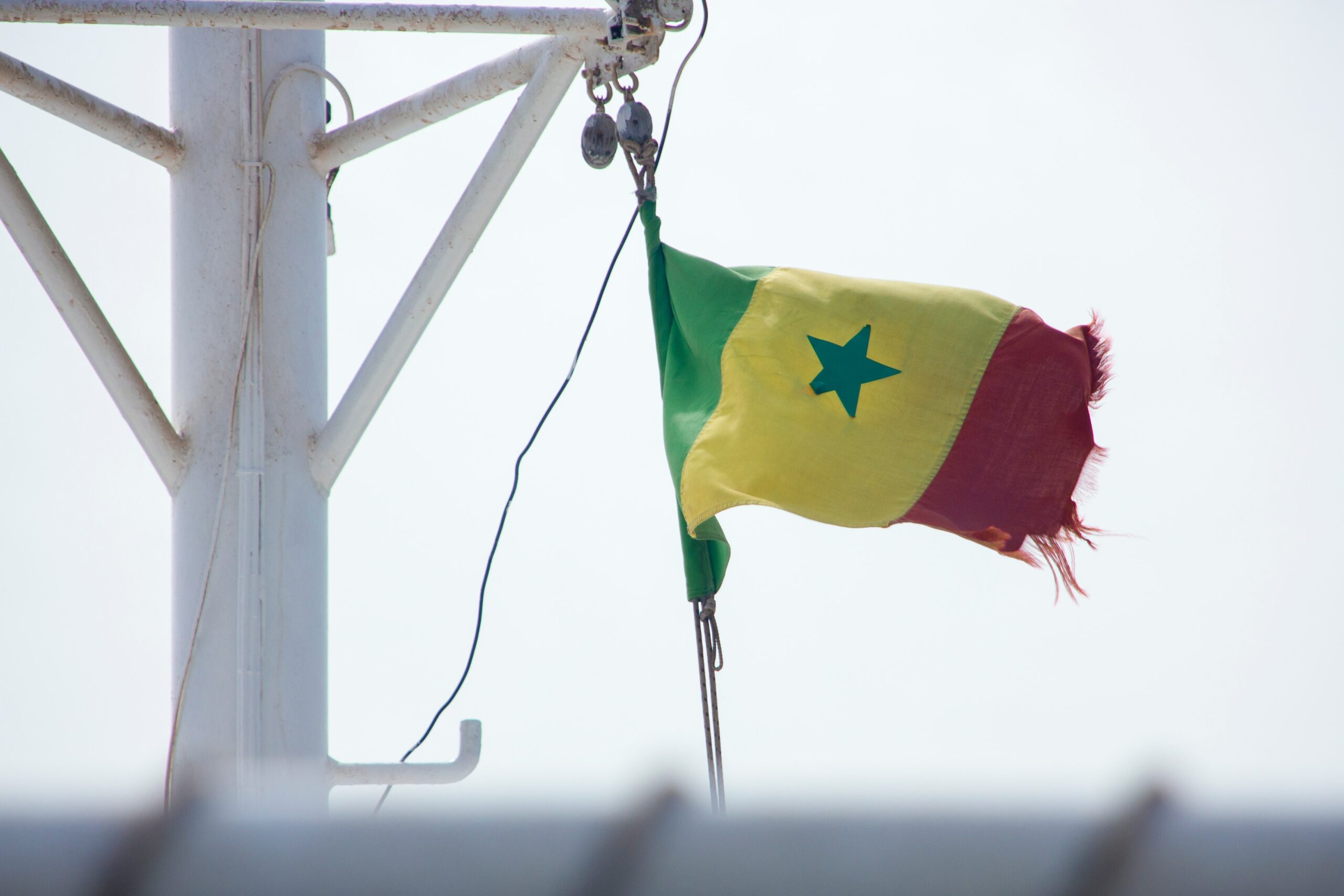Sector Report Circular Economy Senegal
With the support of local experts, the project team conducted a lifecycle assessment of the circular business opportunities in Senegal. This project produced a report focused on the waste and plastics sectors, enlisting possible areas of collaboration between Dutch and Senegalese stakeholders. In total, 16 palpable business opportunities have been enumerated after being weighed on criteria such as financial viability, potential environmental and social impacts or enabling policy environment.
On the other hand, the interest and support mechanisms of Dutch private and public sector stakeholders were investigated to identify areas with the highest potential. Ultimately, the report clarifies how the Dutch government and the Dutch private sector can support Senegal’s transition to a circular economy, with a focus on knowledge exchange, technology transfer and financial support in ongoing or planned circular policies and initiatives in Senegal.
This project was led by Trinomics in collaboration with ACEN Foundation and GIGA Initiatives and is funded by the Netherlands Enterprise Agency (RVO).



